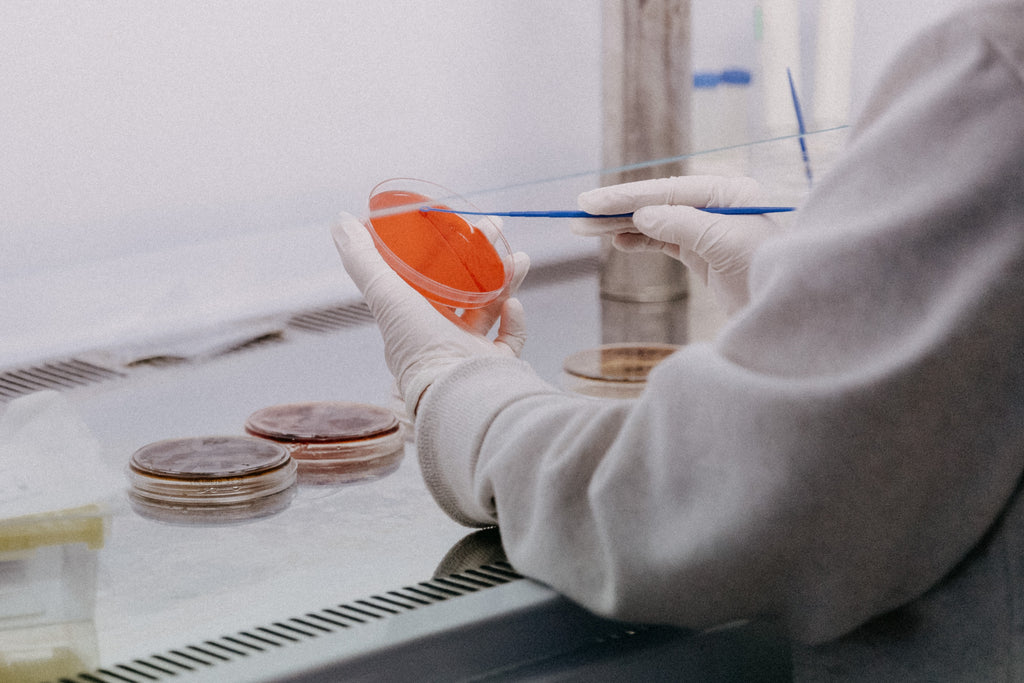
Alcohol-free sanitisers finally proven to be as effective as alcohol-based ones in combating COVID-19
In the fight against the spread of COVID-19 it is a great win to see that alcohol-free hand sanitisers have finally been proven to be as effective as alcohol-based ones at combating the virus in a recent study by Brigham Young University. Since the dawn of the pandemic, experts have urged the public to use hand sanitiser with at least 60% alcohol content to kill the coronavirus whilst alcohol-free santisers have been thrown by the wayside.
Alcohol-free sanitisers just as effective as alcohol-based ones whilst also being safer
Official expert advice to date has been to utilise sanitisers that contain no less than an alcohol content of 60% and to avoid alcohol-free sanitisers. However, not only do alcohol-based sanitisers give off a “burn” feeling and dry the hands causing irritation but they can also potentially lead to a lack of compliance (due to skin irritation) along with a host of other potential side effects. There have also been several reports where alcohol-based sanitisers have been violated and knowingly drunk for the alcohol content or accidentally ingested by children, making them an even more contentious product beyond the initial irritation issues. Alcohol-free sanitisers which include low levels of the active ingredient, benzalkonium chloride, have no such side effects or dangers alongside the fact that they are now proven to be equally as effective as their alcohol-based counterparts.

New research proves the case for alcohol-free sanitisers
The scientific paper, published in the Journal of Hospital Infection, put samples of the SARS-CoV-2 virus which causes COVID-19 in a test tube which were then mixed with various chemicals, including 0.2% benzalkonium chloride solution.
Researchers then halted the experiments and put the virus from the test tube on living cells. After treatment with the alcohol-free sanitisers, the virus was unable to infect the cells.
"The team behind the new research believes their findings 'may actually provide a change in government directions about hand sanitiser,' according to Professor Brad Berges."
The advantages of alcohol-free hand sanitiser
Alcohol-free hand sanitisers, which are also effective against common cold and flu viruses, have a number of advantages over their alcohol-based counterparts, Ogilvie explained.
Not only that but they won’t damage the skin, are child friendly and don’t contain any harsh chemicals and so allow for regular use leading to higher levels of compliance in the healthcare industry.
Finding a brand that you can trust
A recent Which? Study looked into the effectiveness of 18 sanitisers on the market and in tests 3 of these did not reach up to their claims about their alcohol content which is essential for them to be effective. A concerning and potentially life threatening failure. This article offers a useful guide as to which are the most effective sanitisers on the market including alcohol-free sanitisers, which we now know are proven to be as effective at combating Covid-19.
EcoHydra, one of the main alcohol-free hand sanitiser manufacturers who use a unique Base Technology™ formulation, is calling for clarity on the matter and for a kitemark standard for alcohol-free hand sanitisers to be introduced so that consumers can easily see which products have passed tests to ensure peace of mind and safety for all moving forward. In the meantime alcohol-free hand sanitisers look to be the way forward when it comes to effective and safe sanitising as there is no risk of the ambiguity and potentially dangerous and damaging side effects that alcohol-based sanitisers offer.


Related Articles:
- Hand Sanitiser: How Much Alcohol Does Hand Sanitiser Need to Kill Coronavirus?
- How Much Alcohol Does Hand Sanitiser Need to Kill Germs?



